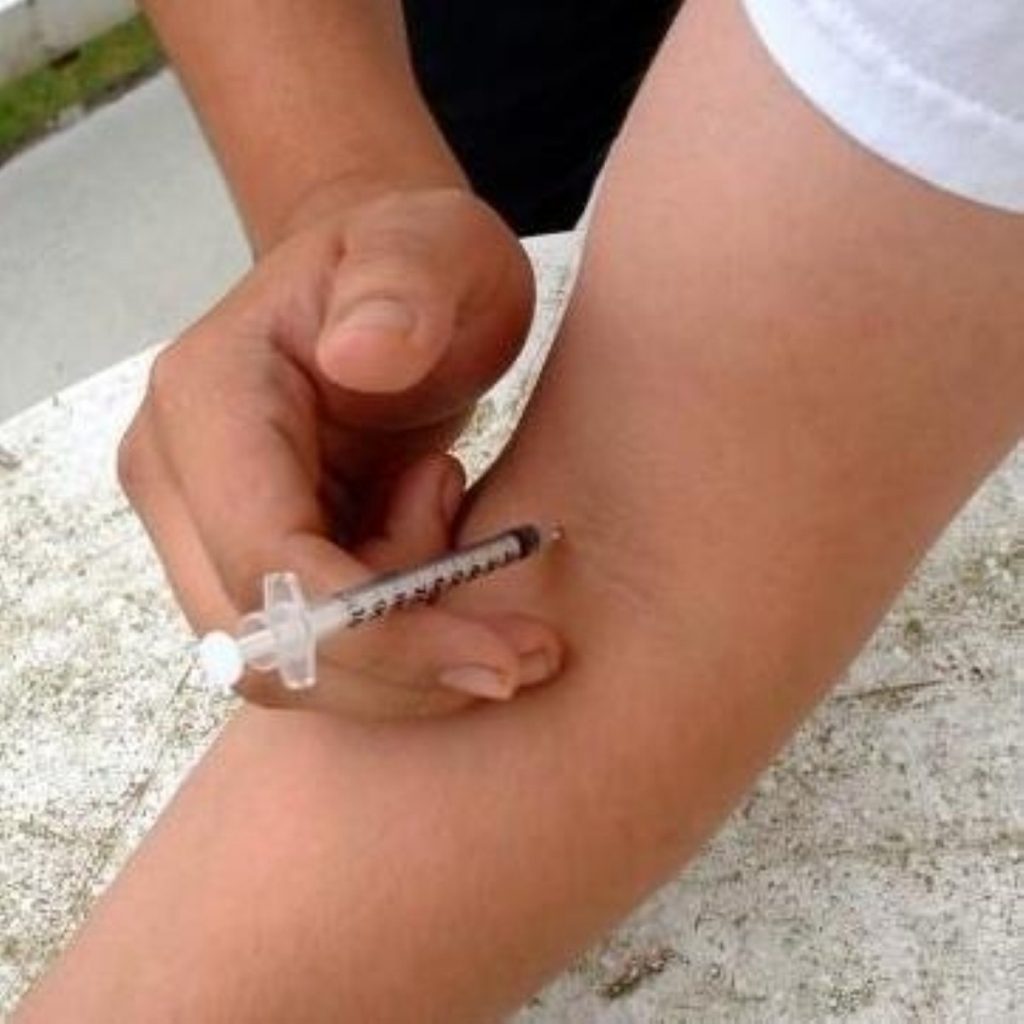Malaria vaccine trial begins
Trials are about to start in Mozambique of a vaccine that could help prevent a disease which is the number one killer of children under five in Africa.
Malaria kills more than a million people each year, according to WHO figures, and the overwhelming majority of these fatalities occur in Africa.
As well as the human cost, malaria exerts a weighty burden on the economies of struggling nations. It is estimated that the disease costs Africa more than $12bn every year in lost GDP, and absorbs 40% of public health funding.
Mozambique is hit particularly hard by the disease, according to Minister of Health Francisco Songane, who has high hopes for GSK’s vaccine.


While recognising that most vaccine candidates fail to be licensed, he points out that participation in the trial is one way in which the country can help tackle the disease.
Dr Songane’s optimism is perhaps well founded, as earlier trials have shown the vaccine to be safe in adults tested in Belgium, Kenya, The Gambia, and the US who displayed an immune response.
More crucially the protection against infection was found to last around two months in adults in the The Gambia and the US.
While there are no guarantees, it is hoped the protection will last longer in children.
The stakes are high as it is thought GSK is the only major pharmaceutical company pursuing a malaria vaccine and there are significant financial and technical risks inherent in vaccine development.
But the project is a collaborative public-private effort, involving Mozambique’s Ministry of Health and its peripheral research centre ; the Hospital Clinic of the University of Barcelona; and the Malaria Vaccine Initiative development programme.
Although malaria was virtually eradicated in most of North America and Europe using insecticides and environmental management, the vaccine driven approach is favoured in Africa, Asia, and Latin America.
Childhood immunisation has already proven to be a cost effective and efficacious means of controlling communicable disease around the world, and this has become more desirable solution to the malaria problem as the cost of other forms of control increases with resistance to malarial drugs and insecticides
But malaria is a complex vaccine target as, rather than deriving from a viral or bacterial infection, it is caused by a complex multi-cellular parasite.
Biting mosquitoes transmit the parasite, which set up home in the human blood stream, multiply and wreck devastation on the nervous system, liver, and kidneys.
In young children and adults who have not developed a natural immunity, death from cerebral malaria can follow infection within hours, while others die from anemia or liver and kidney failure.
Without treatment, one fifth of those infected will die.

